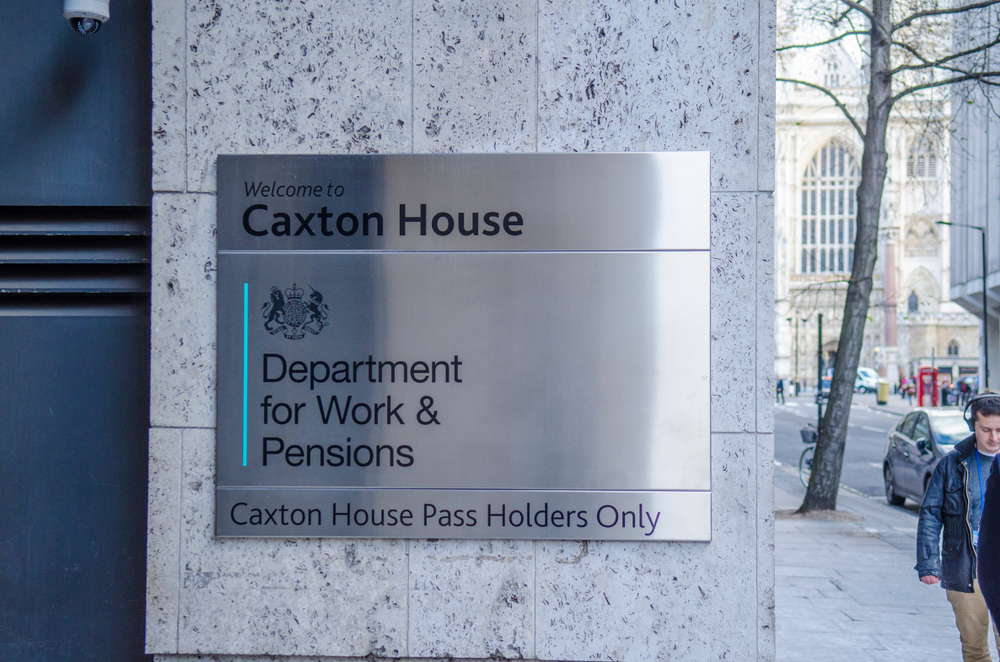FTSE 350 companies’ defined benefit (DB) pension schemes have been in surplus, on aggregate, almost every day in 2021, representing the longest sustained period of accounting surpluses for over a decade, according to analysis from Willis Towers Watson.
Research from the firm revealed that, as of 18 May, the aggregate pension surplus for the FTSE 350 was estimated at around £30bn, equal to a funding level of 104 per cent.
Despite this, the research also revealed a slight dip in the number of schemes making deficit contributions, with 74 per cent of the 94 FTSE 350 companies analysed making deficit contributions in 2020, compared to 80 per cent in 2019.
The provider clarified, however, that larger sums were involved where deficit contributions were made, with the median amount paid in 2020 estimated to be £15m, up 8 per cent on 2019.
Commenting on the findings, Willis Towers Watson senior director, Edd Collins, said: “Some companies will be emerging from the pandemic in the unusual position of not seeing their pension scheme creating a hole in their balance sheet.
“Pension deficits briefly turned into surpluses at the start of the pandemic – when market turmoil sees investors shun corporate bonds, the rise in interest rates can make the pension liabilities recorded in company accounts look smaller."
Collins clarified that whilst this proved fleeting, the year has seen a more sustained improvement, with liabilities falling more sharply than asset values during the first few months of 2021.
He continued: “Deficits are measured differently when it comes to negotiating funding agreements with pension scheme trustees. Recent experience has been positive here, too – albeit with some variation from scheme to scheme.
“That may reduce the cash injections needed for schemes to continue their de-risking journeys – though, with the pandemic illustrating the risks schemes face, some trustees may seek to go further and faster in making pension benefits secure.”
Willis Towers Watson's research also found that life expectancy numbers disclosed in companies’ accounts had “barely changed” in 2020, with the average life expectancy reported for men down slightly from 87.2 in 2019 to 87.1 in 2020, whilst for women there was a slight increase from 88.7 in 2019 to 88.9 in 2020.
Collins explained that life expectancy assumptions had been gradually falling since 2014, as anticipated improvements have failed to materialise, noting that the "much larger" number of extra deaths seen in 2020 will not feed into future expectations in the same way because the pandemic is viewed as a one-off event rather than a feature of a typical year.
“Covid-19’s knock-on effects could alter mortality rates significantly, but companies regard it as too early to take a firm view on that," he added.
“Unanticipated deaths of, mostly older, pension scheme members in 2020 have had a marginal impact on company balance sheets, perhaps reducing liabilities by 0.1-0.2 per cent.”
Latest News
-
OBR analysis reveals potential impact of salary sacrifice changes
-
Strong funding levels continue as endgame landscape reshaped by innovation
-
Harwich Haven Authority Pension Fund finalises £45m buy-in with Royal London
-
GAD publishes LGPS gender pension gap reporting guidance
-
DB scheme funding levels continue to improve heading into 2026
-
News in brief - 6 February 2026
Private markets – a growing presence within UK DC
Laura Blows discusses the role of private market investment within DC schemes with Aviva Director of Investments, Maiyuresh Rajah
The DB pension landscape
Pensions Age speaks to BlackRock managing director and head of its DB relationship management team, Andrew Reid, about the DB pensions landscape
Podcast: From pension pot to flexible income for life

Podcast: Who matters most in pensions?

In the latest Pensions Age podcast, Francesca Fabrizi speaks to Capita Pension Solutions global practice leader & chief revenue officer, Stuart Heatley, about who matters most in pensions and how to best meet their needs
© 2019 Perspective Publishing Privacy & Cookies










Recent Stories